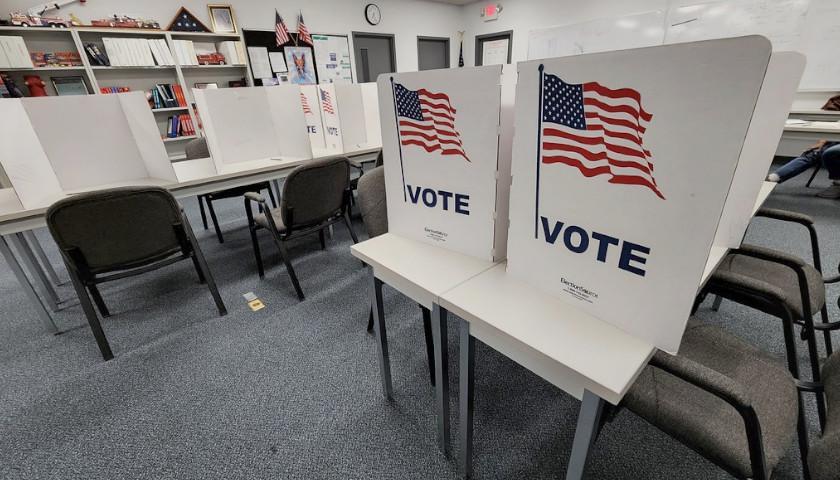by J.D. Davidson
Ohio Attorney General Dave Yost has turned away a grassroots, public effort to create new law for the second time this year.
The first time dealt with recreation marijuana use, and the most-recent attempt was to stop vaccination mandates.
Yost rejected a petition for a proposed ballot initiative and possible law, “Vaccine and/or Gene Therapy Choice and Anti-Discrimination,” saying “the summary does not properly advise a potential signer of the proposed statute’s character and limitations.
The proposed law would require the state to protect Ohioans’ privacy regarding vaccination choice from vaccine registries and discrimination; provide transparency; and reinforce schools must honor vaccine choice and privacy, protect Ohio businesses honoring vaccine choice and provide legal recourse for vaccine choice and privacy violations.
The attorney general’s role in the petition process is to determine whether the summary is a fair and truthful representation of the proposed statute. Yost said it does not meet that requirement.
Yost, in a letter sent to Diana Smith, a representative of the petitioners, said three areas were wrong with the summary, which can be revised and resubmitted.
Yost said it fails to define operative terms material to understanding the proposed statute. He also said material provisions were left out of the summary, and it failed to mention important exceptions to the proposed statute.
Yost also denied a petition in August for a proposed law to legalize recreational use of marijuana. The group resubmitted the summary later in the month, and it was cleared.
Once a summary is given the OK by Yost, the Ohio Ballot Board determines whether the proposal contains a single law or multiple laws.
If the board certifies the petition, the group must collect signatures from at least 3% of registered voters based on the ballots cast in the last gubernatorial election. Those signatures must come from at least 44 of the state’s 88 counties, and in each of those counties, the number must be at least 1.5% of the vote cast in the last gubernatorial election.
The petition then must be signed by the secretary of state at least 10 days before the beginning of any General Assembly session, and the secretary of state will send the petition to the General Assembly as soon as it convenes. The general assembly has four months to act.
The proposal would go to voters if passed. If the General Assembly doesn’t act or amends the petition, a supplemental petition can be circulated for the group to get the proposed law on the ballot at the next general election.
– – –
J.D. Davidson is a veteran journalist with more than 30 years of experience in newspapers in Ohio, Georgia, Alabama and Texas. He has served as a reporter, editor, managing editor and publisher. He is a regional editor for The Center Square.





